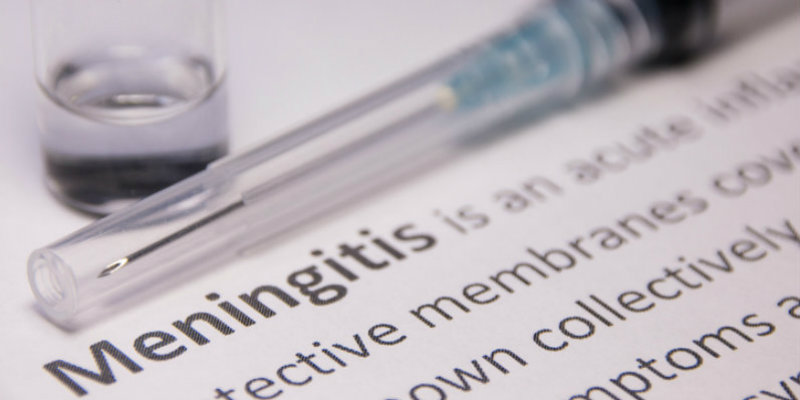MAKKAH – The Saudi Ministry of Health has issued important health requirements and recommendations for pilgrims planning to visit the kingdom for Hajj next August 2018.
Just like the previous years, this year’s list of requirements focus on the likes of the Zika virus, dengue, Middle East respiratory syndrome coronavirus (MERS), yellow fever, cholera, meningitis, polio and vaccination against seasonal influenza.
Important Vaccinations
All travelers arriving from countries or areas at risk of yellow fever transmission must present a valid yellow fever vaccination certificate, which is valid for life starting ten days after vaccination.
Pilgrims and seasonal workers in Hajj zones are required to submit a valid meningococcal vaccination certificate administered no less than ten days prior to arrival in Saudi Arabia.
Scientific evidence suggests that conjugate meningococcal vaccines are safe and effective for those above 55 years of age.
Moreover, the meningococcal vaccination with conjugate vaccine is also required for native pilgrims, residents of the two holy cities; Makkah and Medinah, and any person who may get in contact with pilgrims including personnel in healthcare settings.
The Saudi Ministry of Health may opt to administer prophylactic antibiotics to some travelers to at the points of entry if deemed necessary.
Travelers arriving from countries with circulating wild or vaccine-derived poliovirus and from countries at risk of polio reintroduction are required to submit a valid polio vaccination certificate.

KSA accepts Meningitis vaccination Tetravalent (ACYW135) with either polysaccharide vaccine within the last 3 years, or conjugate vaccine within the last 5 years.
The Saudi Ministry of Health requires that aircrafts, ships, and other means of transportation coming from countries affected with the Zika virus and/or dengue fever to submit a certificate indicating that disinsection measures have been undertaken.
What’s New
Regarding seasonal influenza, all pilgrims shall also get vaccinated against it. Influenza vaccination is particularly important for pregnant women, children less than five years old, adults over 65 years old, and individuals with specific health conditions such as obesity, bronchial asthma, chronic heart or lung diseases, HIV/AIDS and immune suppression.
Countries are encouraged to secure adequate quantities of the most recent influenza vaccine to be administered to those intending to perform Hajj.
For 2018, the southern hemisphere vaccine is expected to be available before Hajj all pilgrims are recommended to receive this vaccine at least ten days prior to commencing hajj.
Further Medical Precautions
The Saudi Ministry of Health requires the medical missions accompanying the pilgrims to have at least one physician per 1,000 pilgrims. Also, at least 20% of the accompanying physicians should be public health specialists.
In addition, the medical mission clinics should include at least one infectious diseases isolation room that meets Saudi standards.